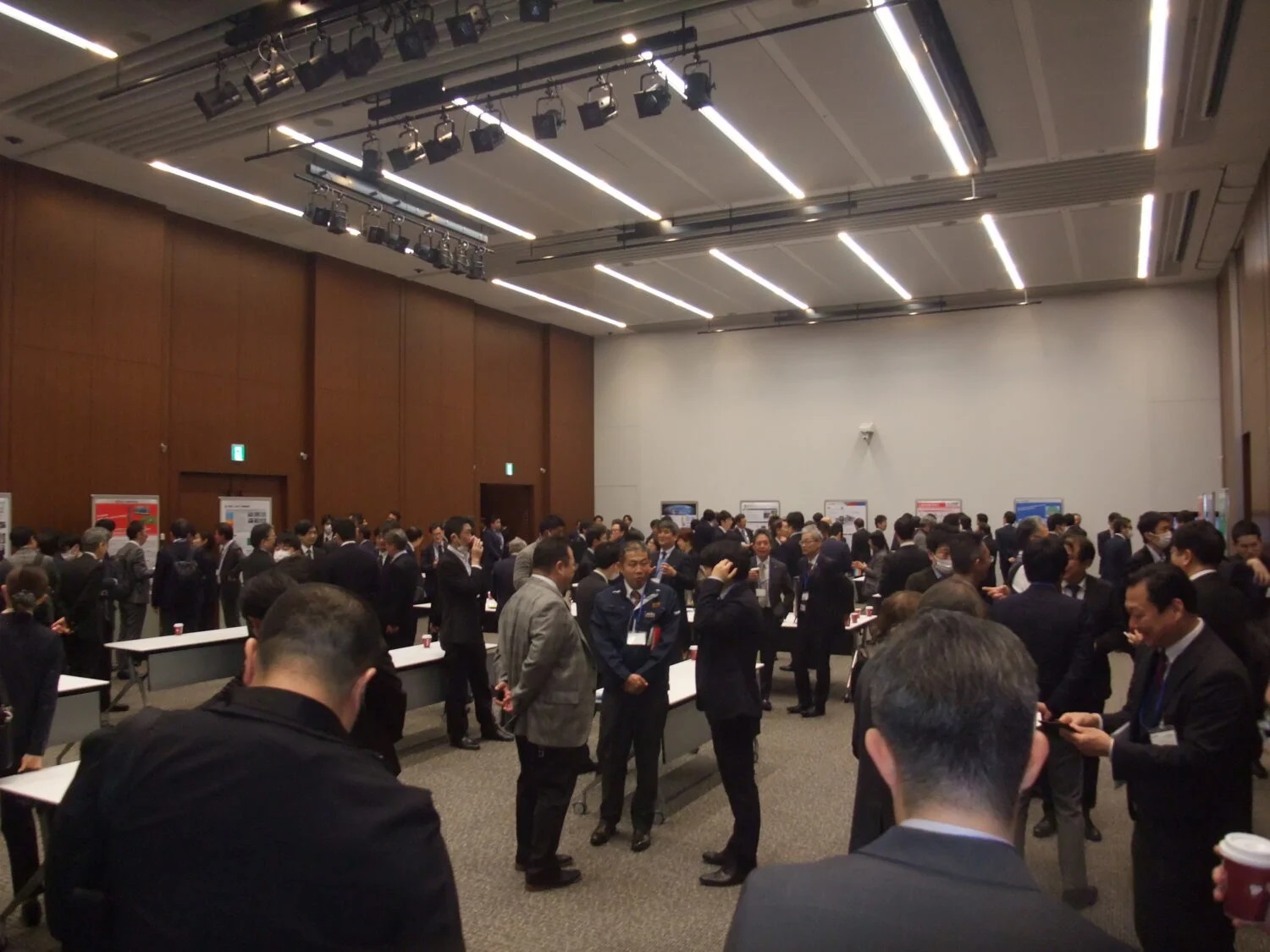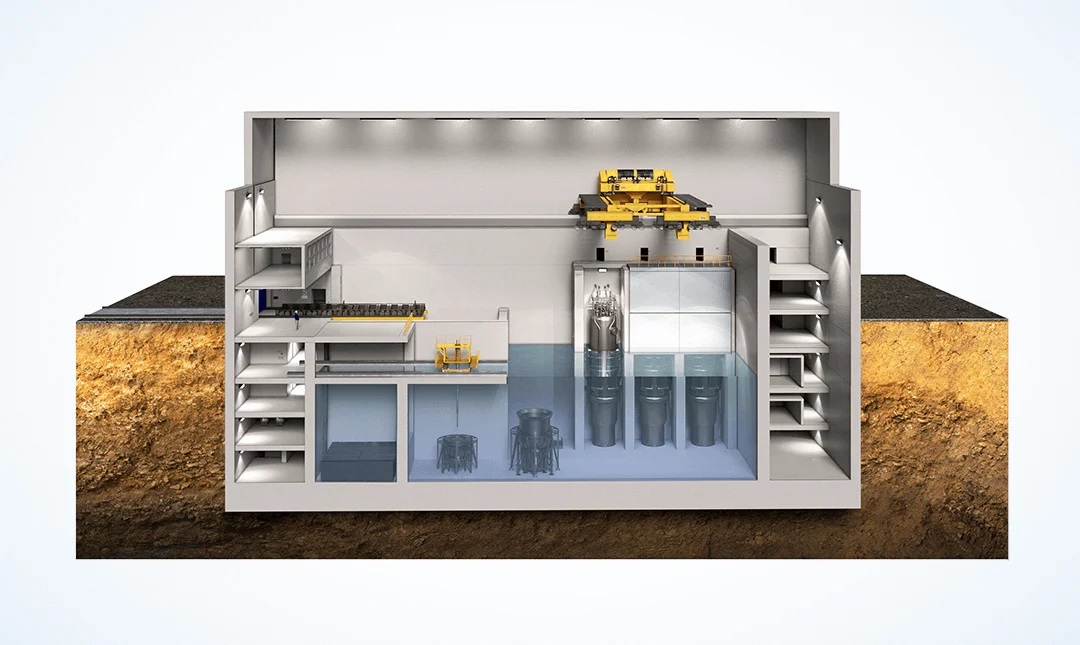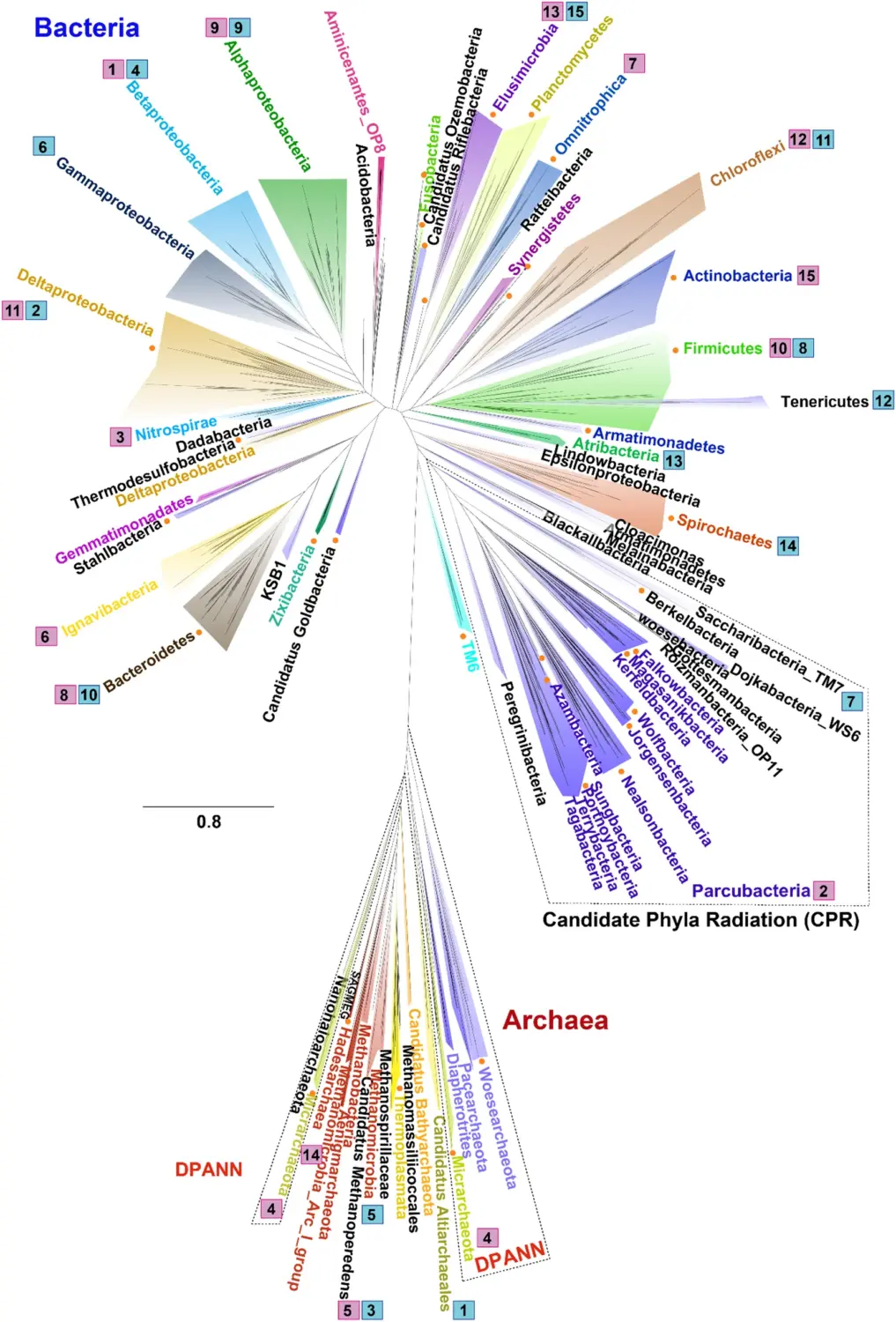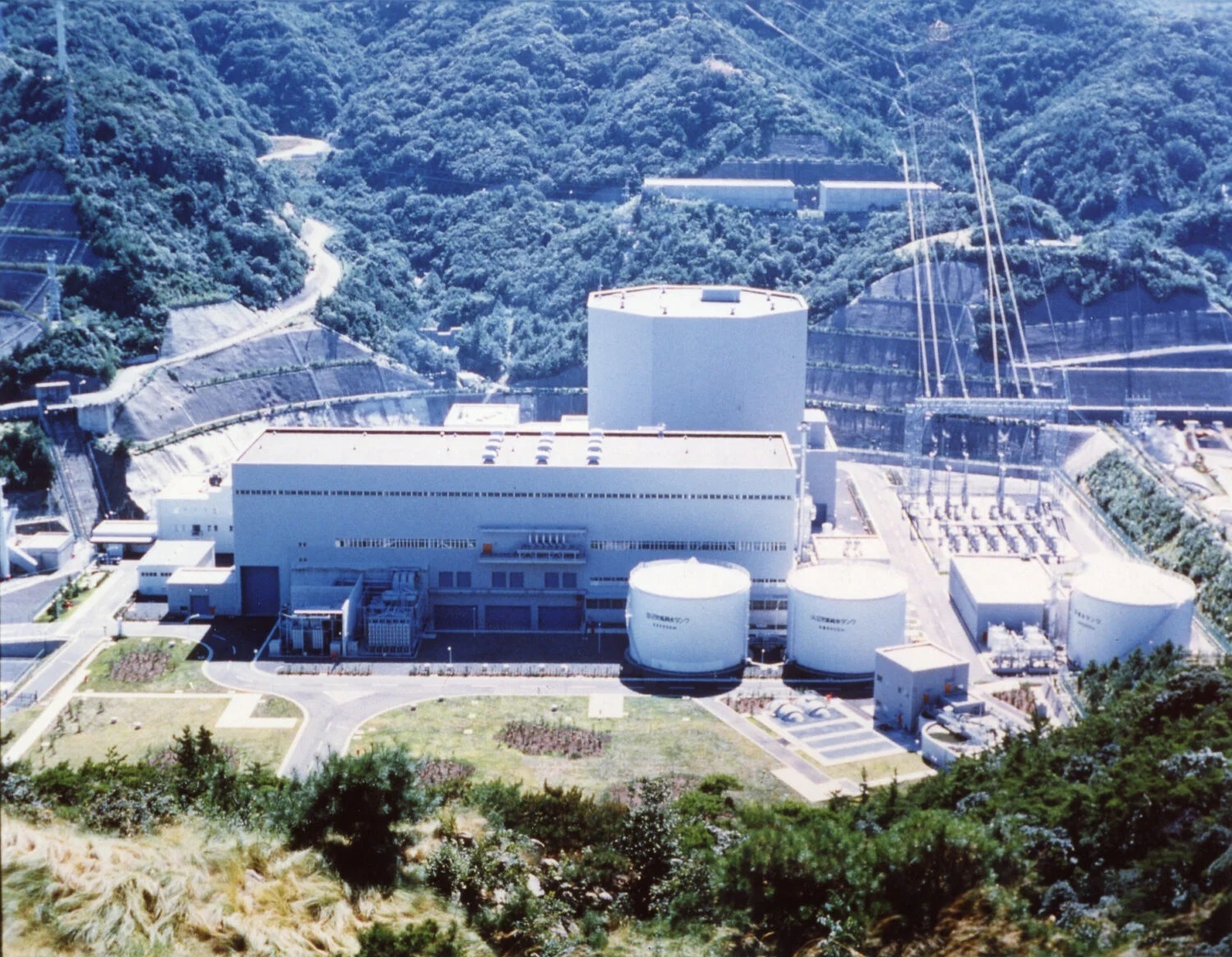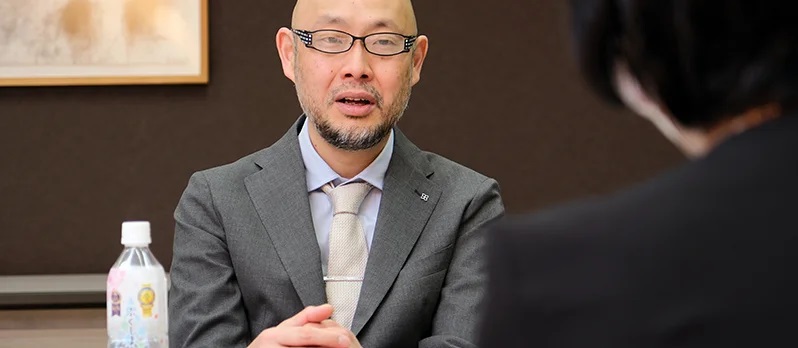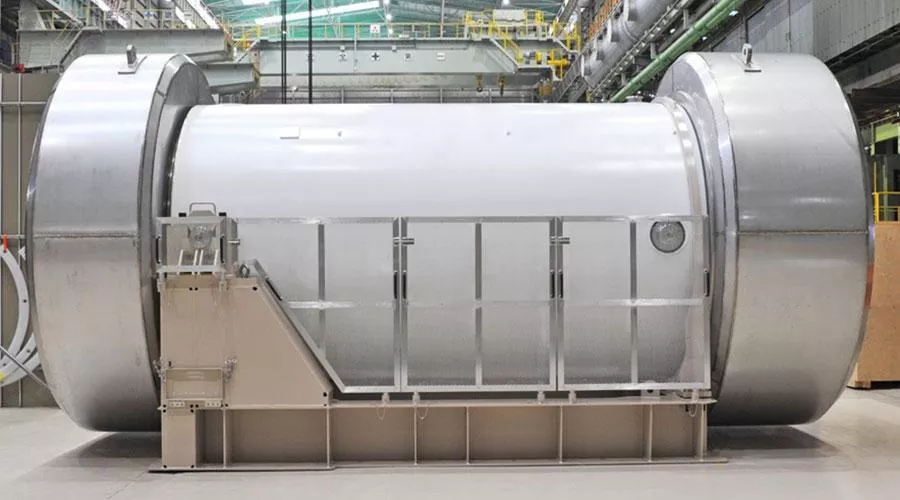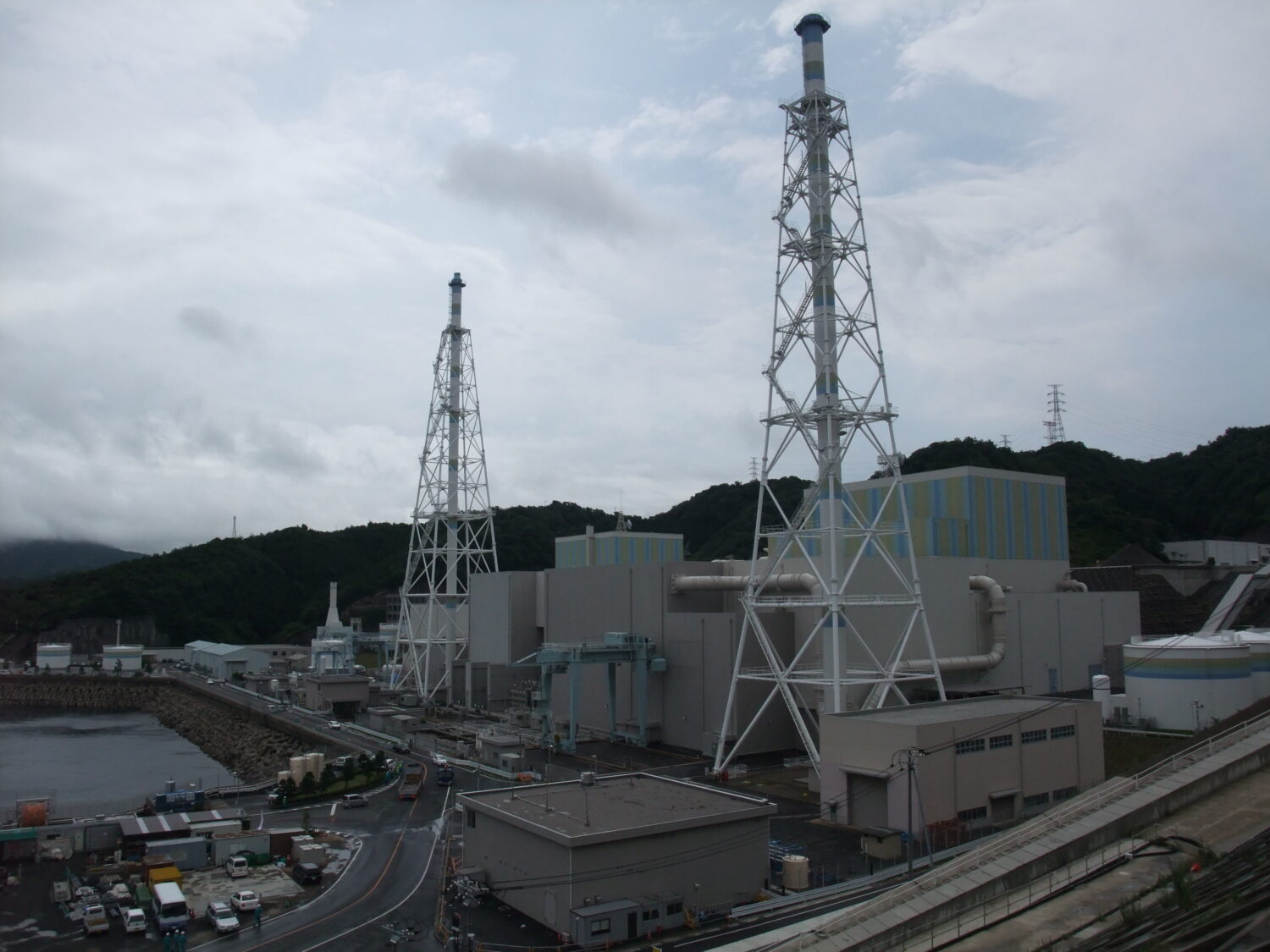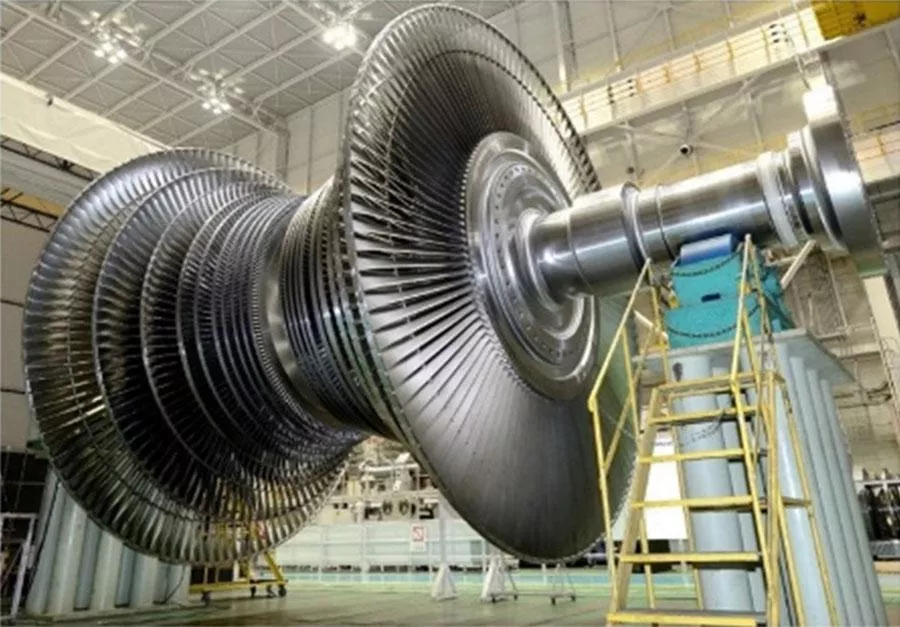JAIF, jointly with other nuclear industry associations, released a statement to G7 energy leaders urging them to actively use nuclear power to slow the worsening of the climate crisis and to boost energy security.
Six nuclear industry organizations participated in the forum: in addition to JAIF, they were the Nuclear Energy Institute (NEI) of the United States, the World Nuclear Association (WNA), the Canadian Nuclear Association (CNA), nucleareurope, and the Nuclear Industry Association (NIA) of the U.K.
As described by JAIF President ARAI Shiro, the joint statement puts forward “the industry’s determination to expand nuclear use on the premise of ensured safety and its requests to the governments of each country.”
Those requests comprise the following nine pillars:
- Maximizing the utilization of existing nuclear power plants (NPPs).
- Accelerating the deployment of new NPPs.
- Supporting international cooperation and the nuclear supply chain (reducing reliance on Russia in the area of nuclear fuel).
- Developing a financial environment that promotes investment in nuclear power.
- Harmonizing and modernizing highly efficient international regulatory standards.
- Supporting innovative nuclear technology development.
- Promoting public understanding of nuclear energy.
- Collaborating internationally to share best practices, including working toward the realization of final nuclear waste disposal.
- Supporting countries that have newly introduced, or are considering, nuclear energy.
Regarding reducing reliance on Russia in the procuring of nuclear fuel, the G7 Sapporo Communique, released the same day, also took up the matter.
Symbolizing the issue’s importance, all energy ministers from the five nuclear countries within the G7 took part in the International Nuclear Forum. All five further made clear their agreement to cooperate in the nuclear frontend—from extraction to fuel fabrication to transport—whereby an international supply chain among the five countries will be secured while reducing dependence on Russia in the field, and their intention to make the maximum use of nuclear power.
Additional remarks by the several ministers show the commitment to promoting nuclear generation. NISHIMURA Yasutoshi, Japan’s Minister of Economy, Trade and Industry, said, “With the entire world challenged to simultaneously realize a decarbonized society and achieve energy security, nuclear energy has never been more the focus than it is now.”
Agnès Pannier-Runacher, French Minister of Energy Transition, said, “A working group among regulatory authorities in the area of civil nuclear use will be formed.” Jonathan Wilkinson, Canadian Minister of Natural Resources, said, “In the fast-growing area of SMRs (small modular reactors), the pace of permission and licensing must be sustained as well.” Grant Shapps, UK Secretary of State for Energy Security and Net Zero, said, “The time has come for countries of the world to face in the same direction and to strengthen energy security through expansion of the use of nuclear energy.”
“At least five of the G7 countries share a common goal,” said Jennifer Granholm, U.S. Secretary of Energy, calling the current situation “a new dawn of nuclear energy.” She went on to say that, together with cooperation on regulatory systems and promoting cooperation in financial aspects, nuclear countries will “have to provide our knowledge and experience accumulated up to now to countries needing to introduce nuclear power immediately.”
Agreeing totally to the proposals of the nuclear industry made this time, she expressed her strong determination to realize that view, saying she “looks forward to the ‘G5’ cooperating in the nuclear area.”


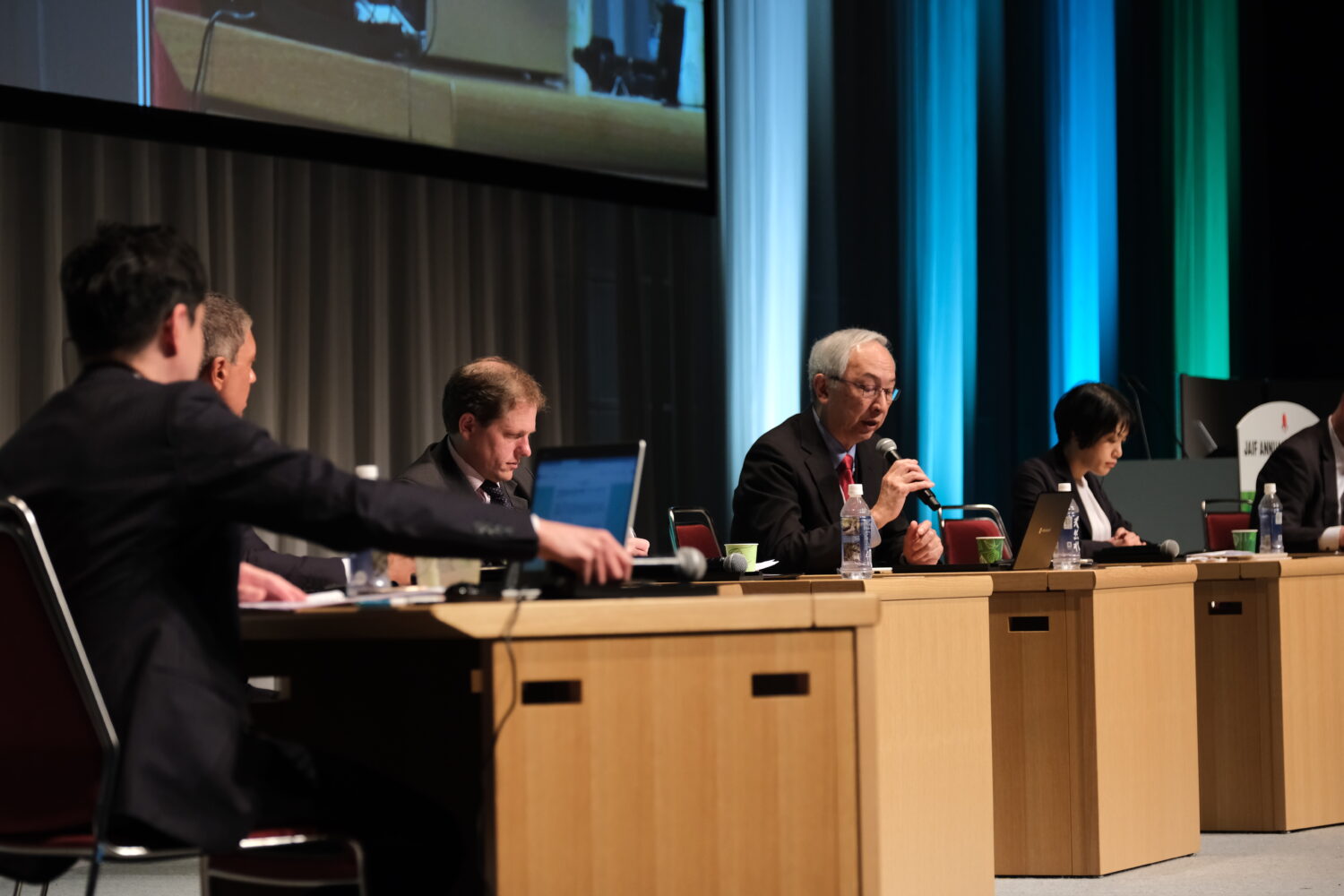

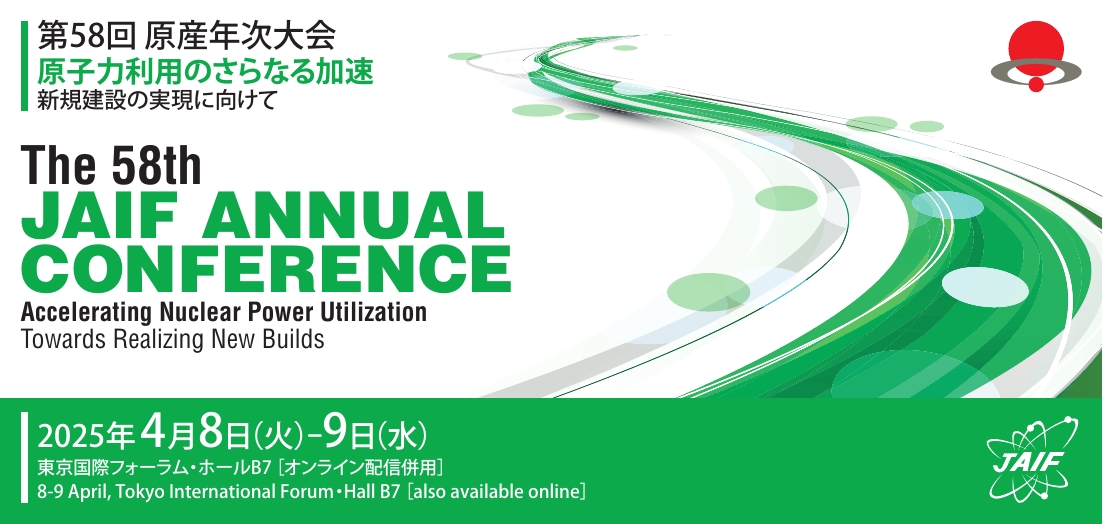
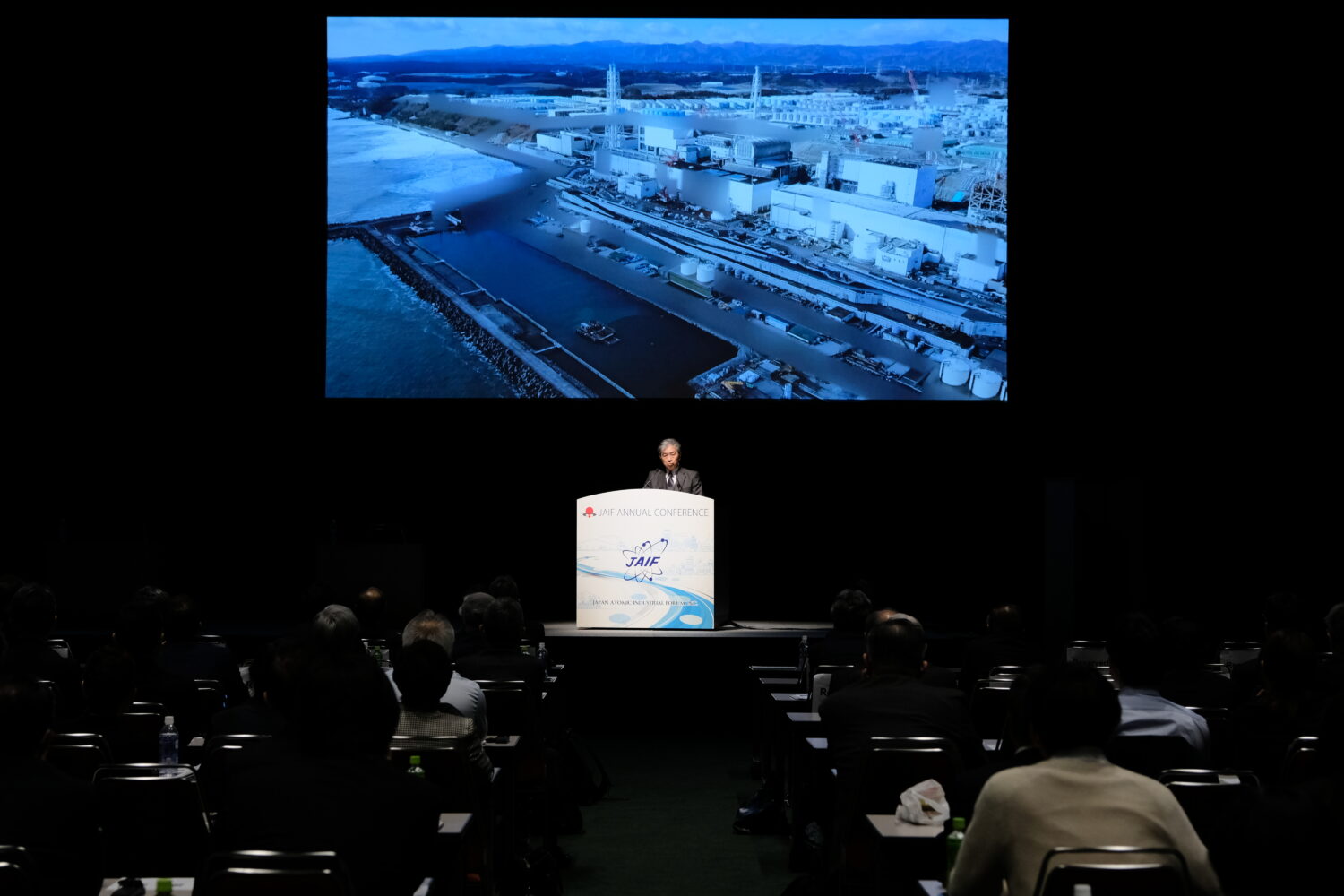
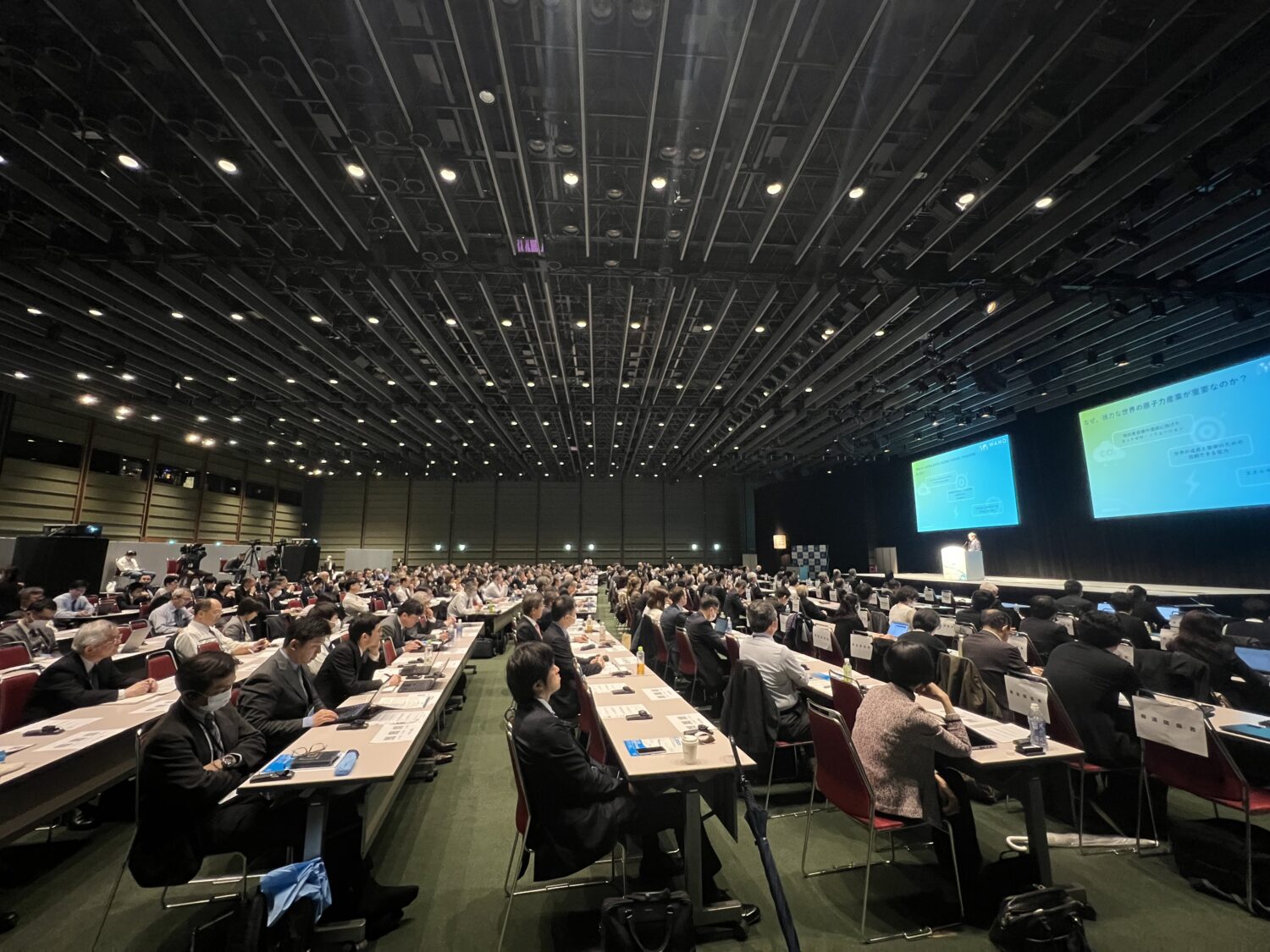
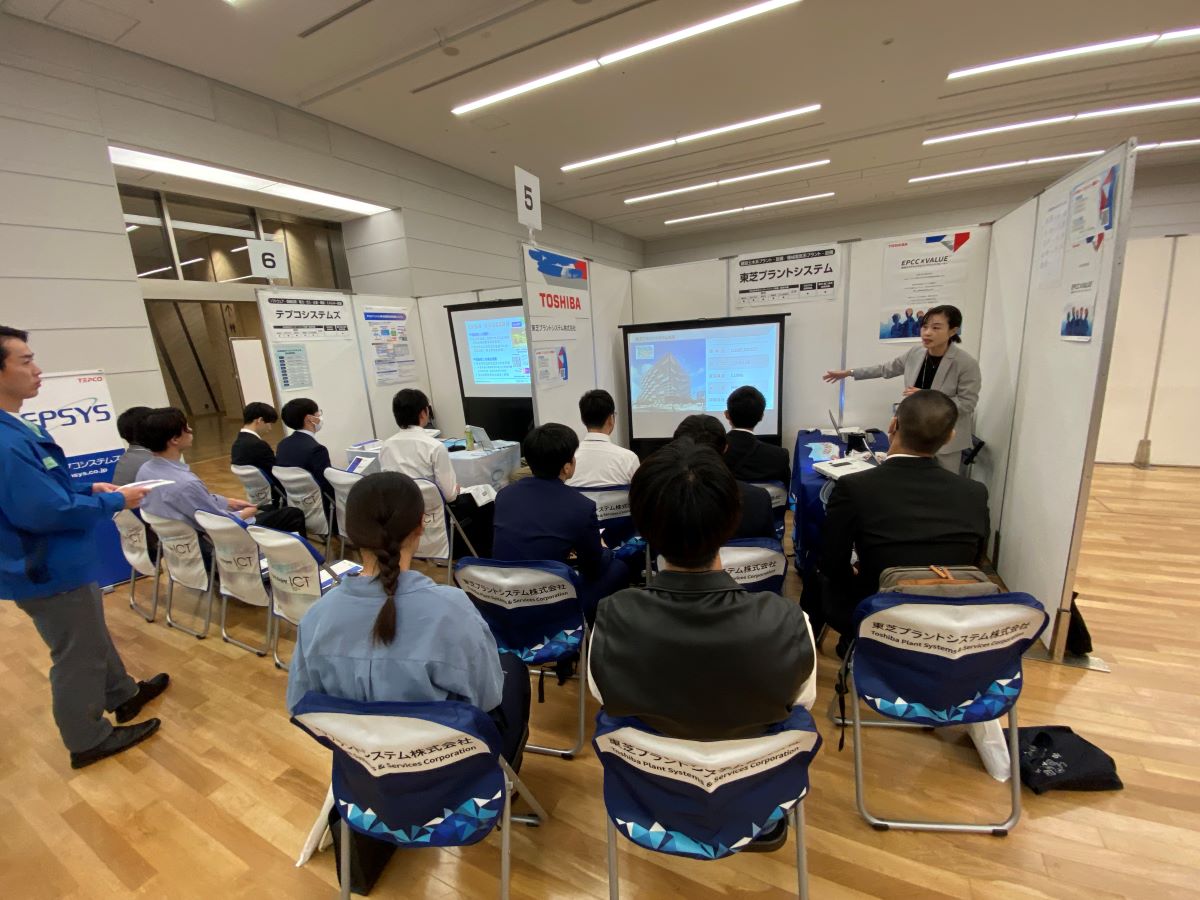
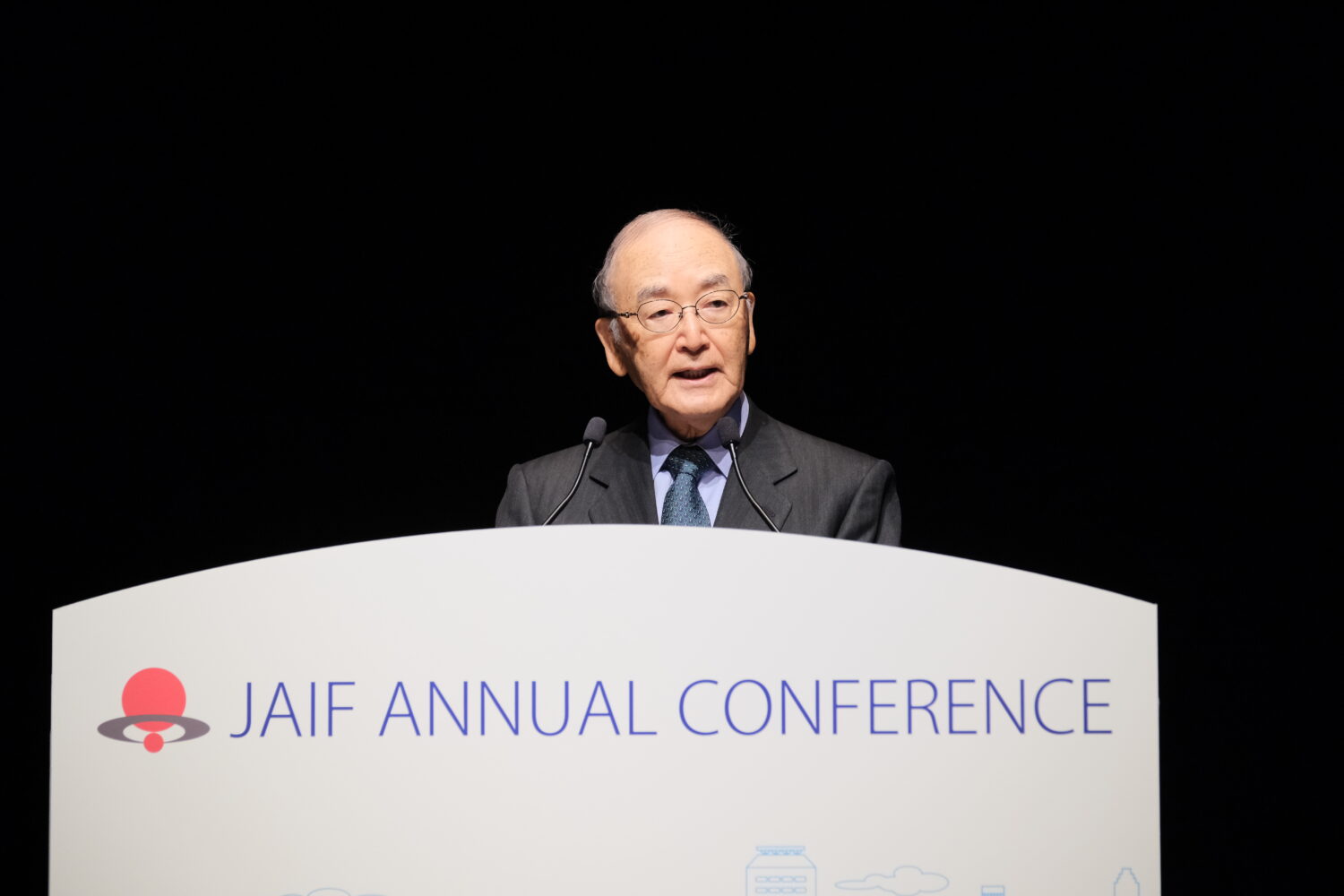
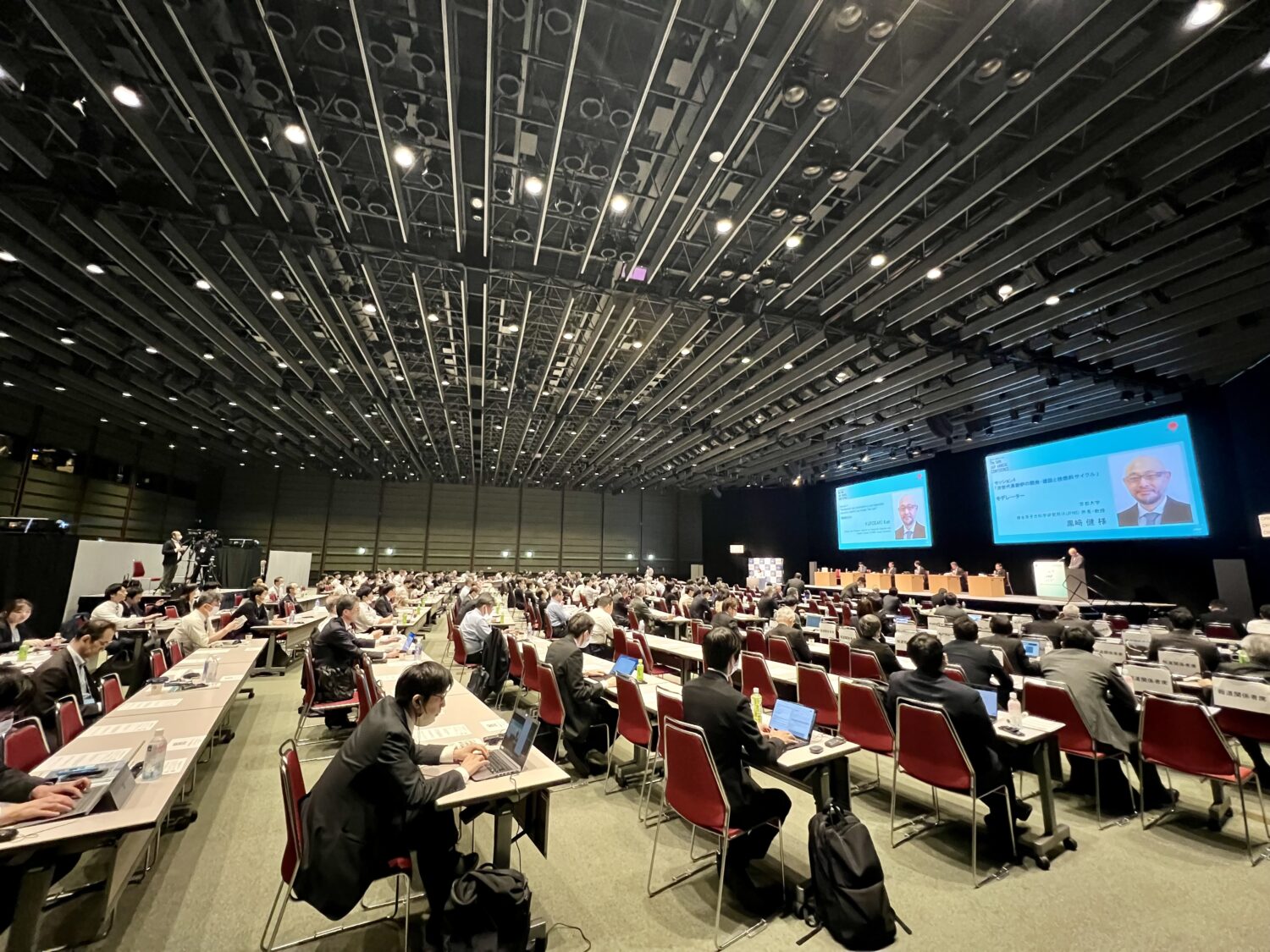
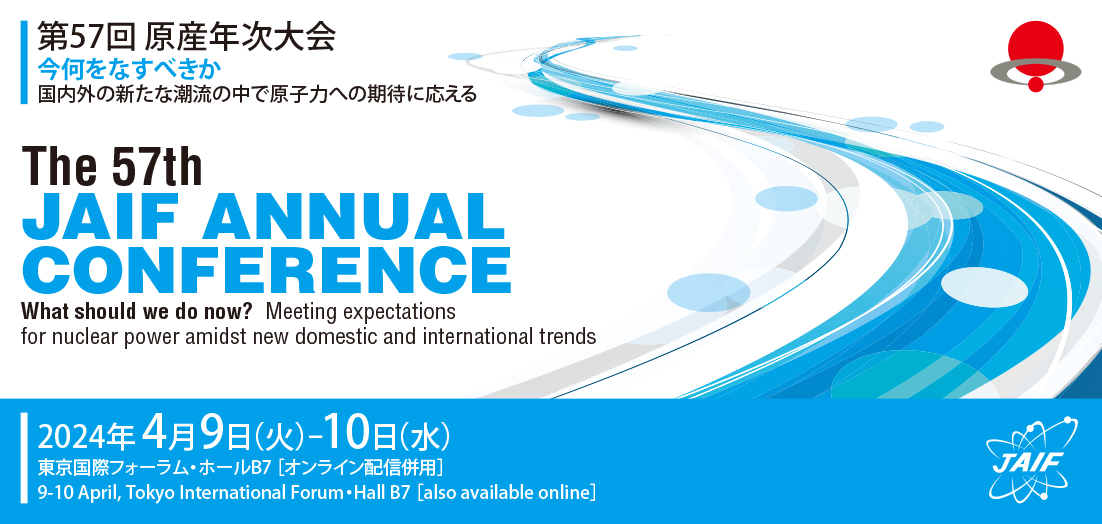
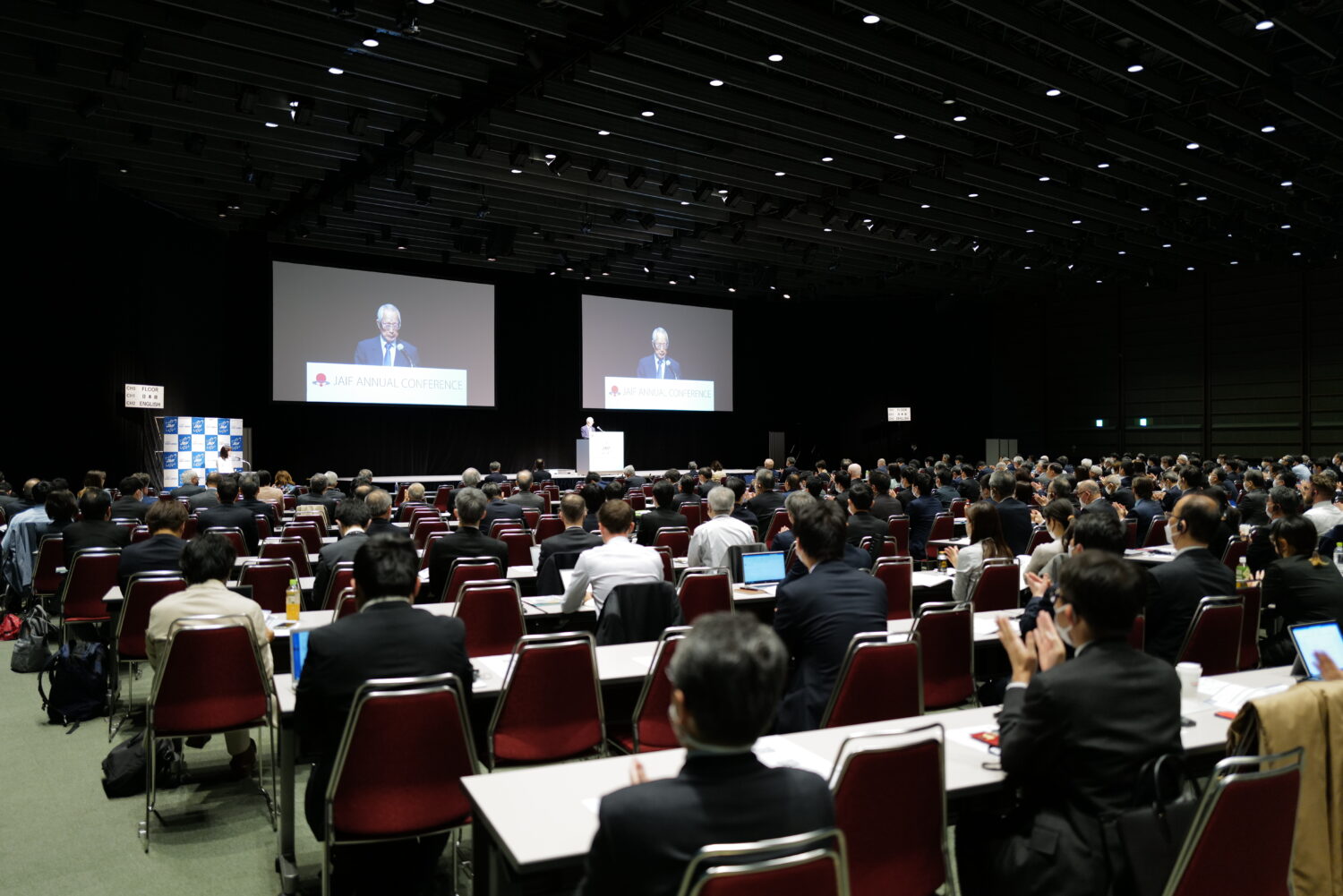
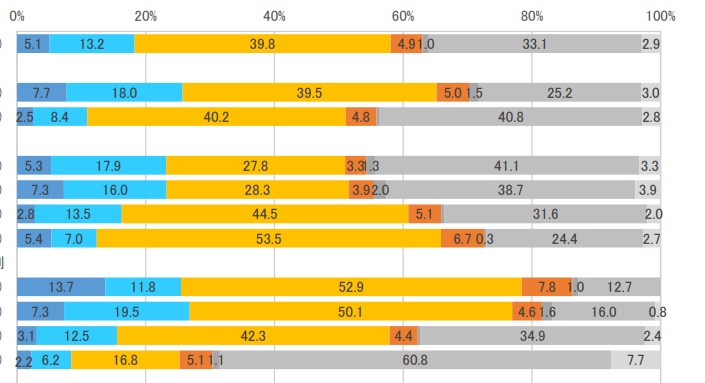

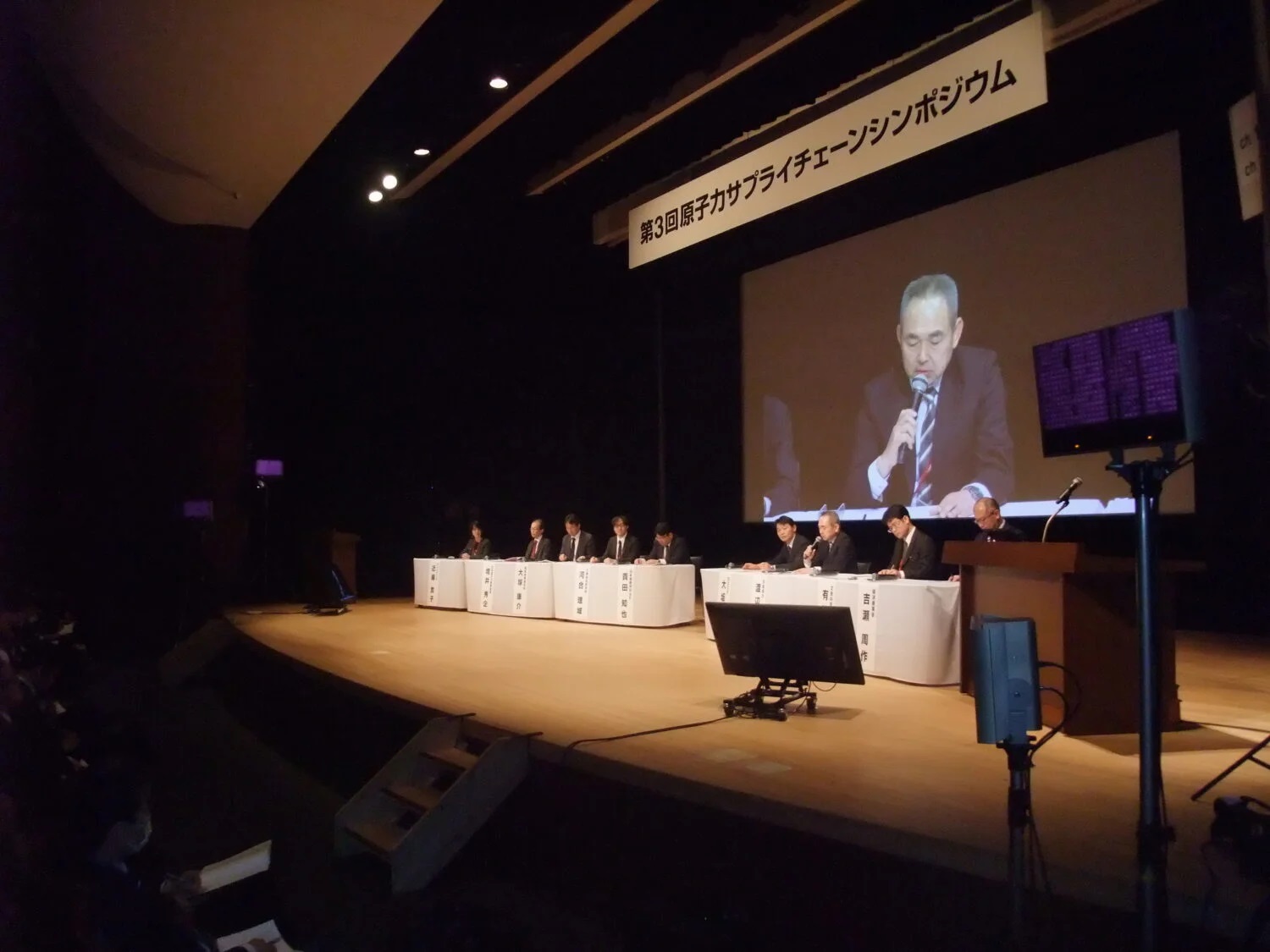
-1.png)


